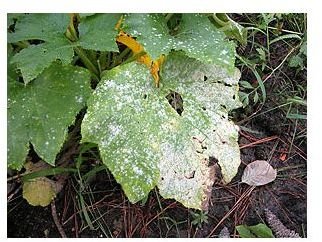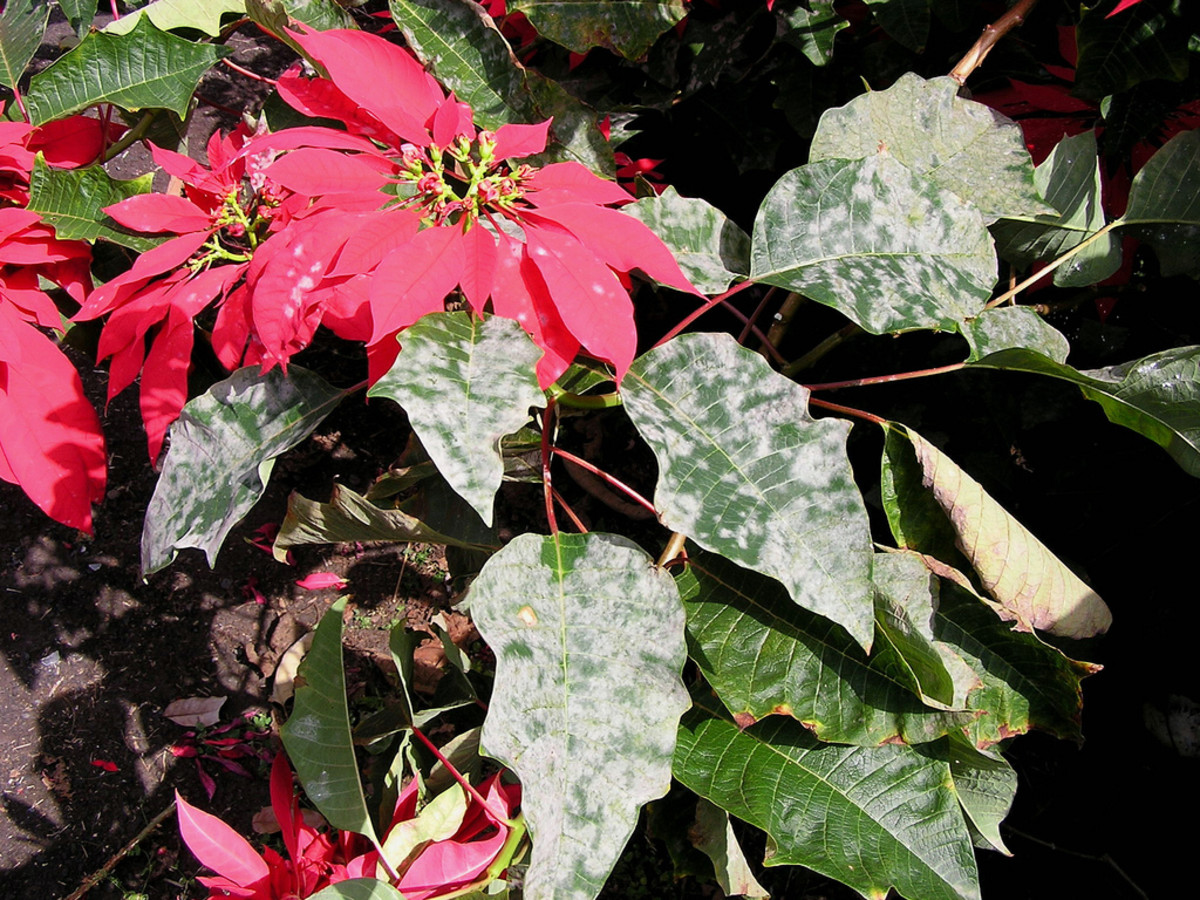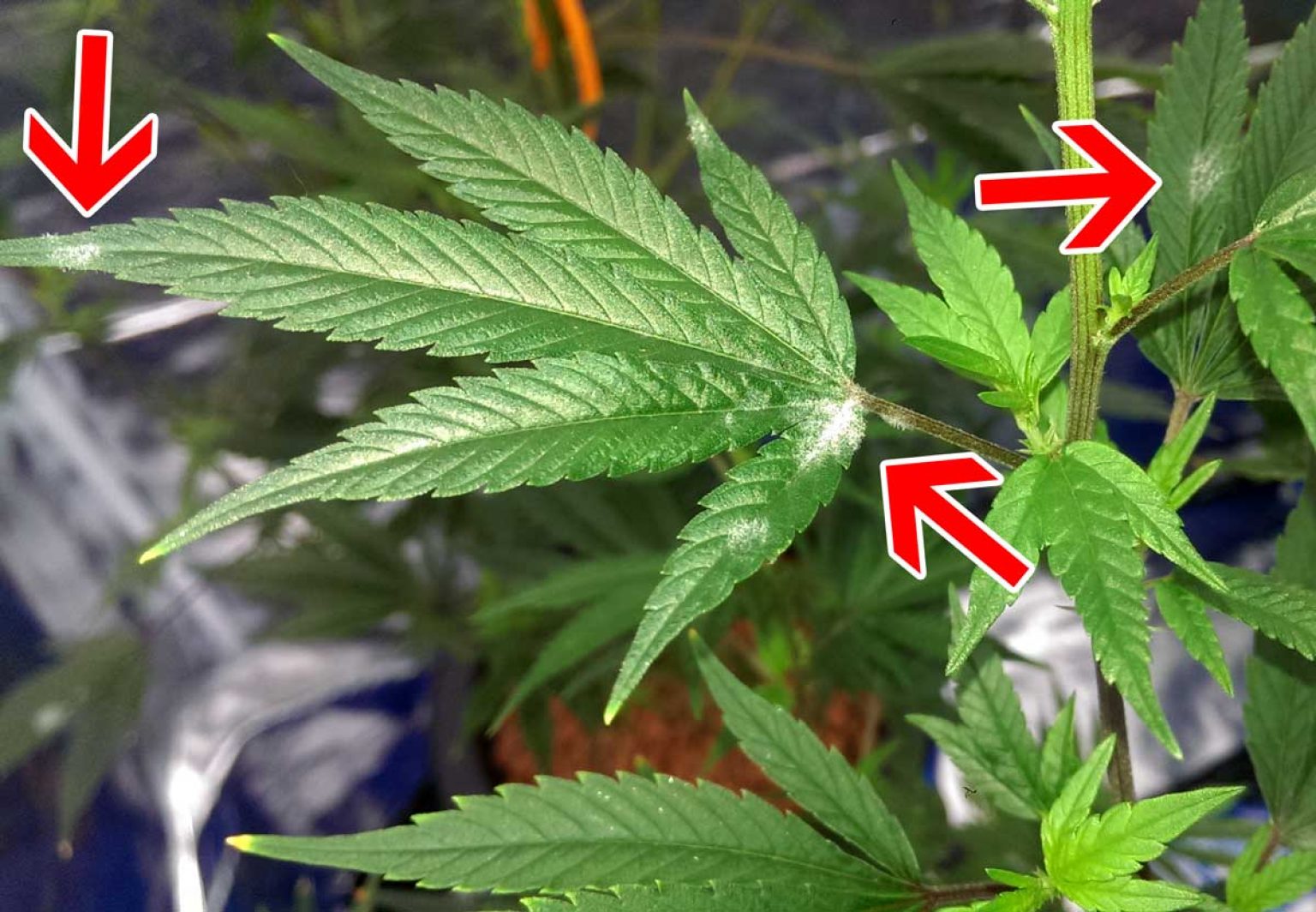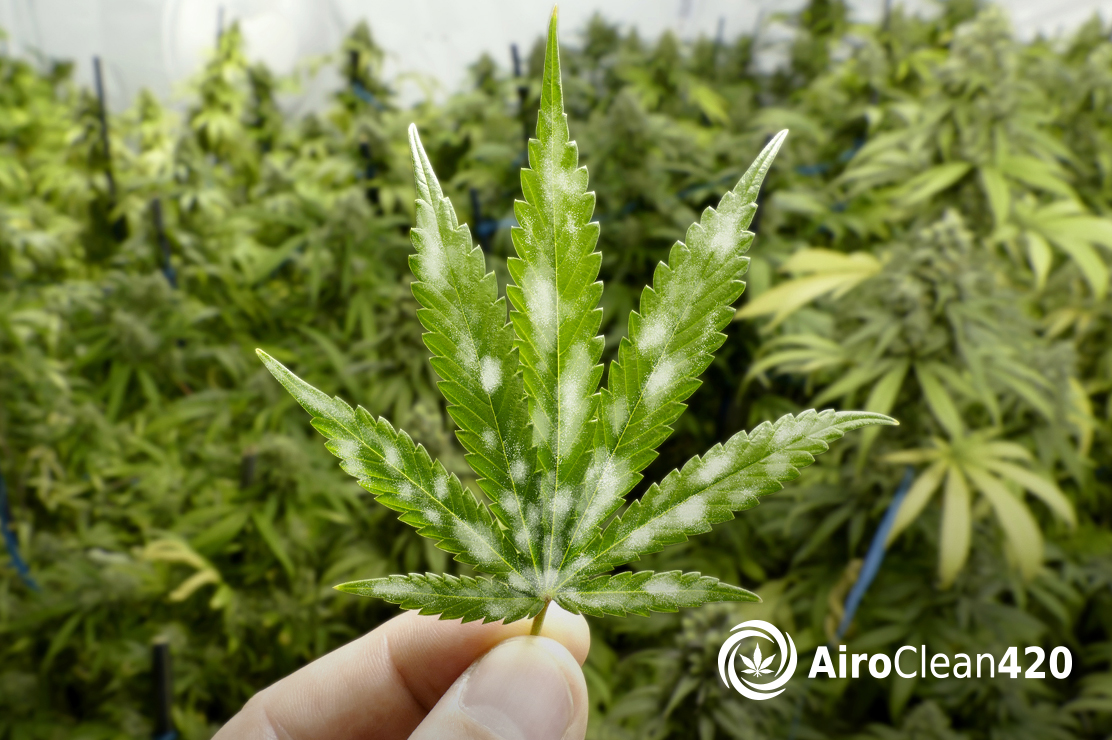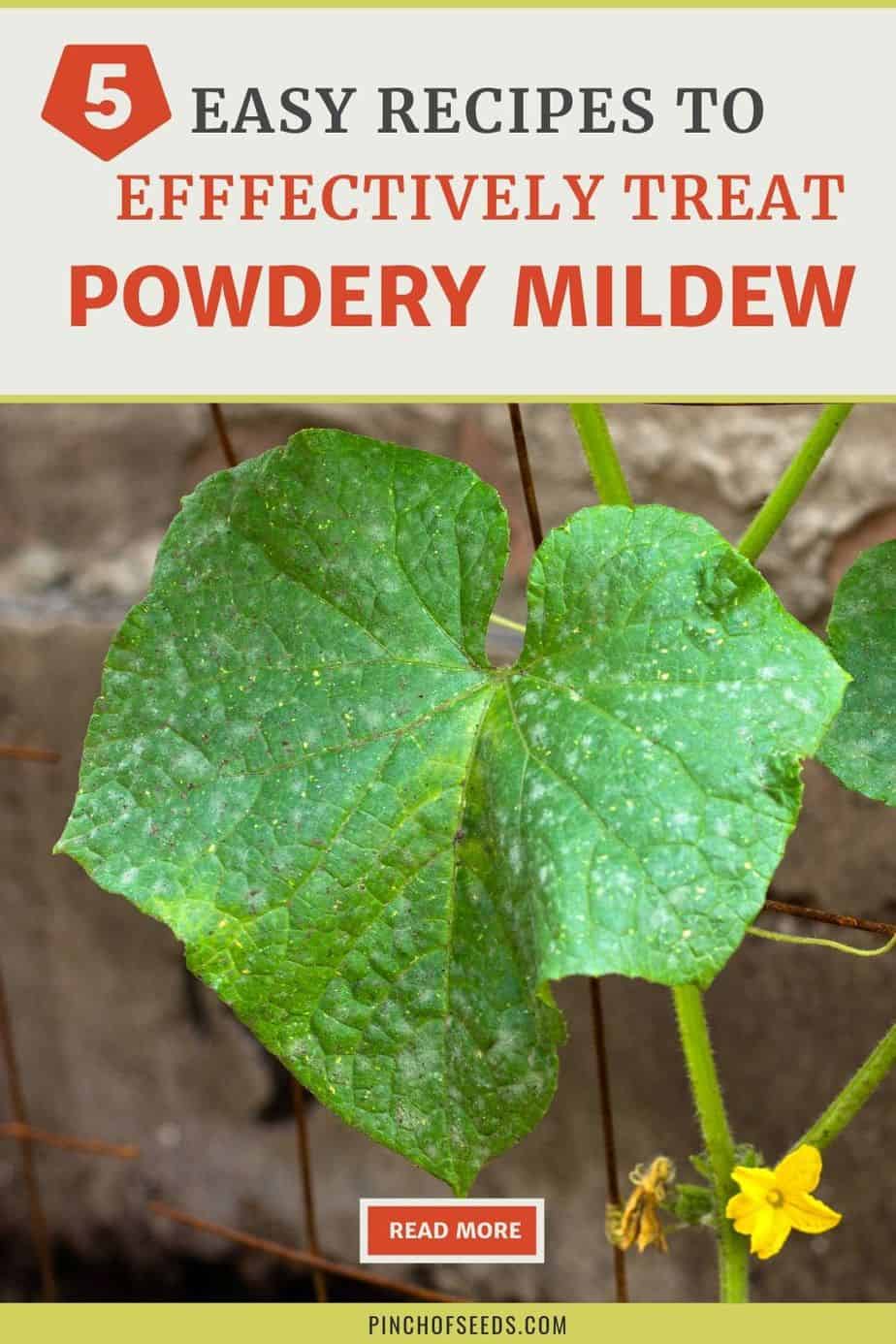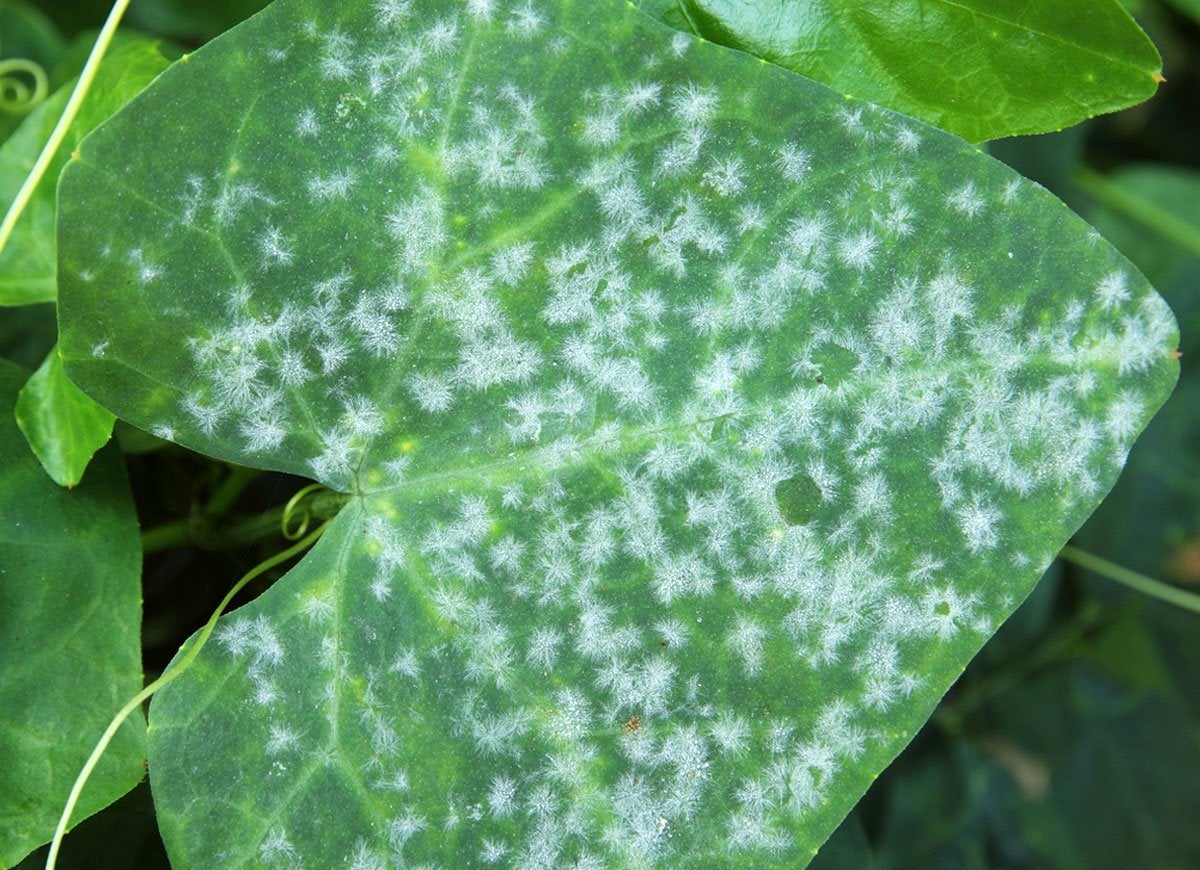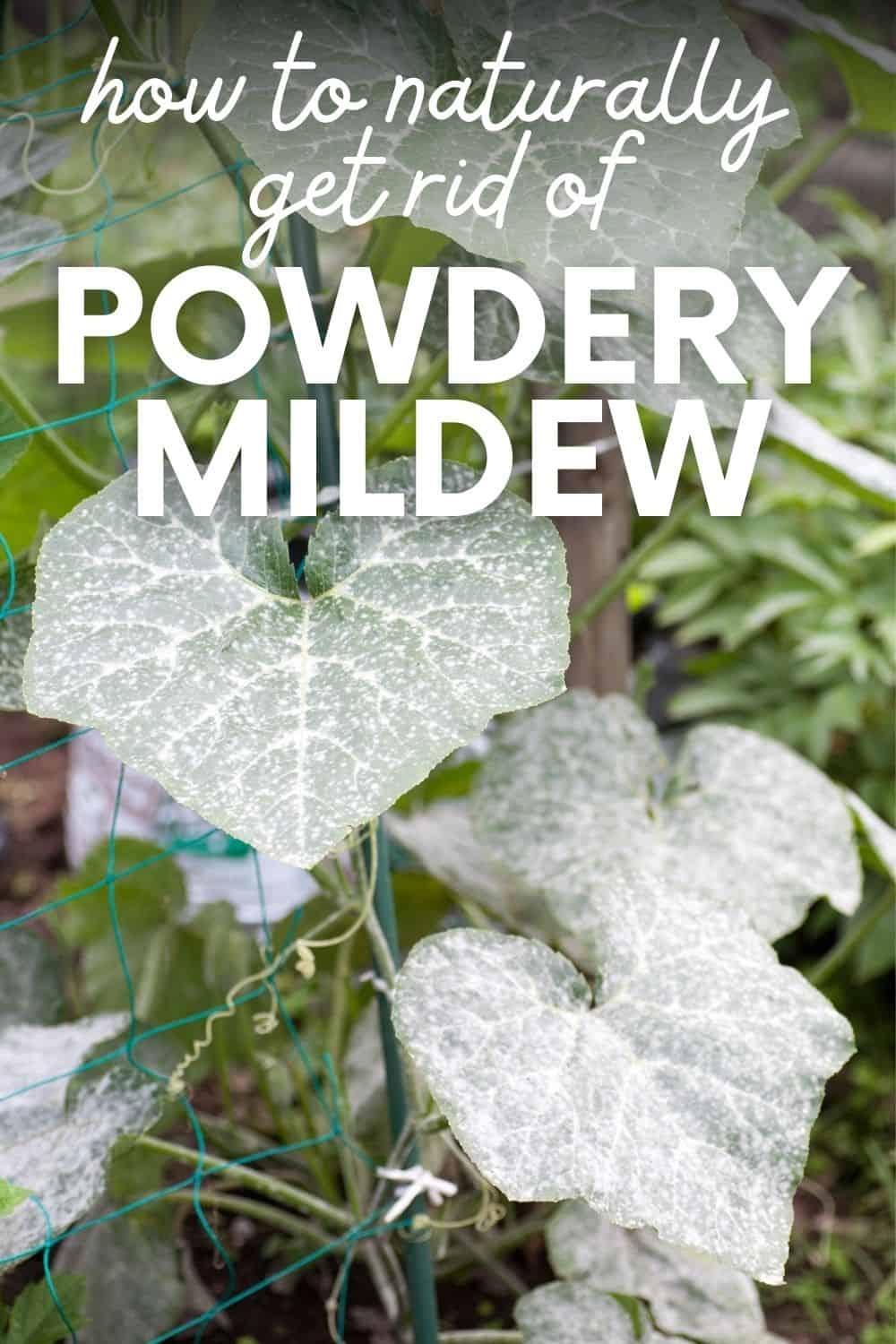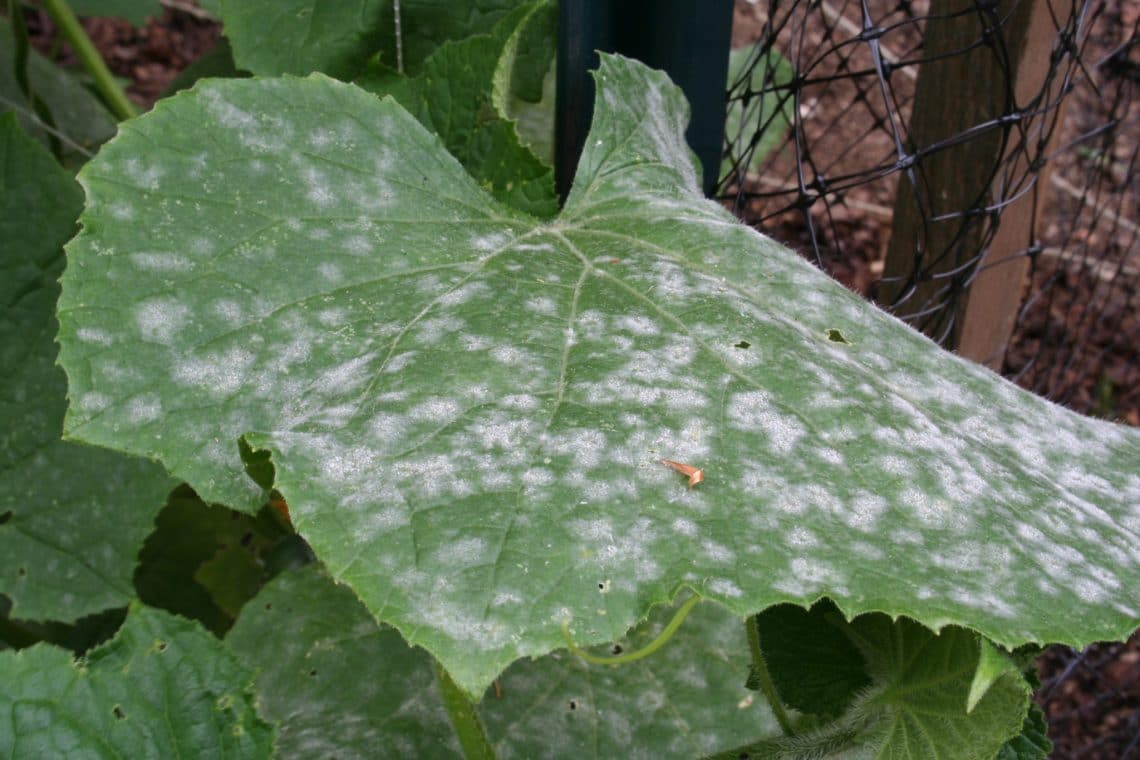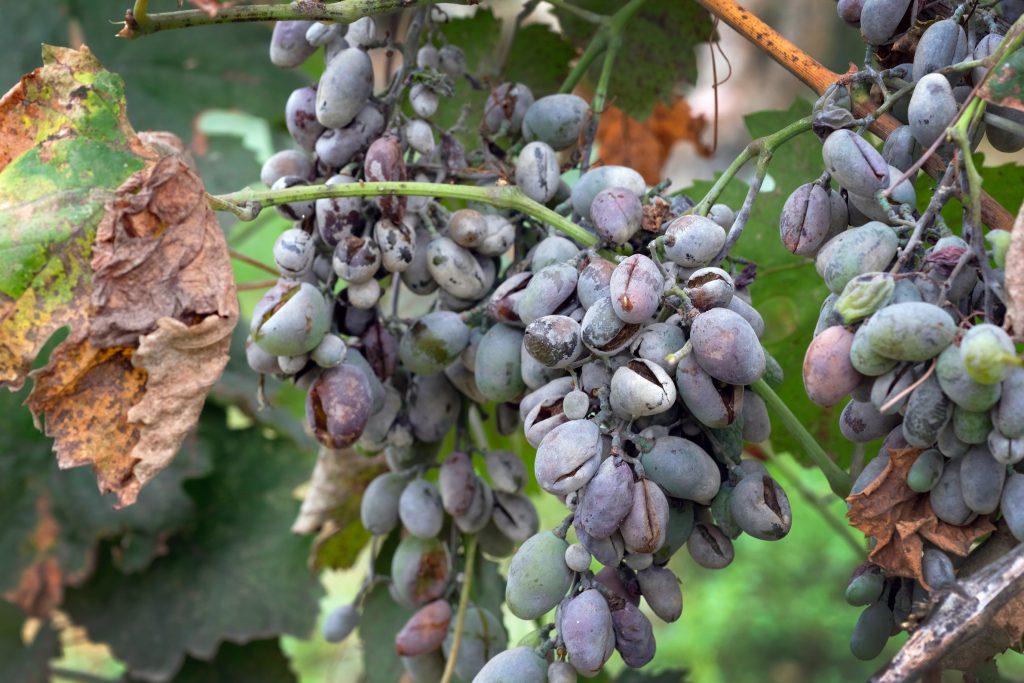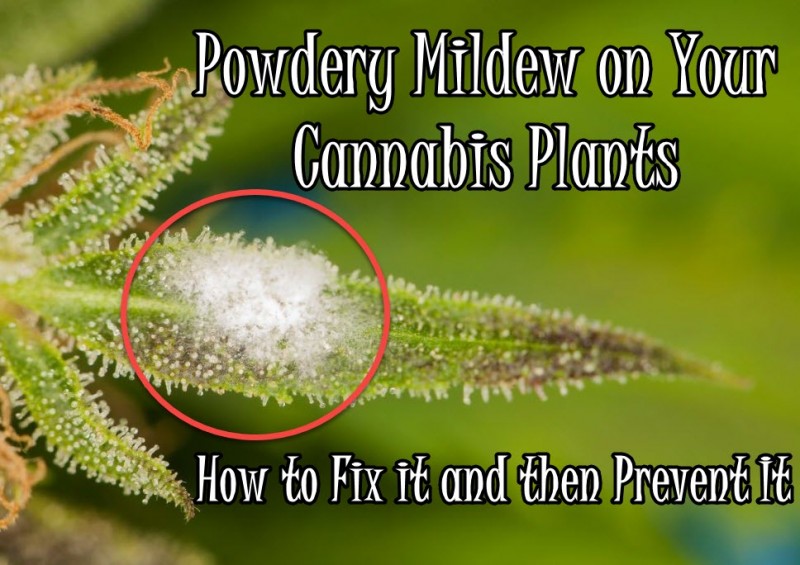Favorite Info About How To Kill Powdery Mildew

Infection can actually occur on dry leaves.
How to kill powdery mildew. It is important to identify and treat powdery mildew early to prevent it from causing significant damage to the affected plants. Many preparations are certified organic. Look for resistant varieties by reading the seed packages or tags at the garden center.
Contrary to popular belief, powdery mildew spores do not require free water to proliferate. Affected portions of your plant should be removed prior to treating powdery mildew, and additional steps like improving air circulation and specific watering techniques should be applied after treatment to prevent reoccurrence of the fungus. How to treat plants infected with powdery mildew
To help control powdery mildew on cucumbers, rockmelon and other vegetables, spray with yates lime sulfur. A fresh mulch applied around plants in the spring may help to keep powdery mildew in soil from reaching the plants’ leaves. Prevent powdery mildew with the following methods:
Instead, you’ll need to how to treat powdery mildew. Part 1 making homemade fungicidal sprays download article 1 Here are a few tips:
To remove existing powdery mildew and prevent it from spreading or coming back, you’ll need to treat impacted plants as soon as possible. Temperature—the primary predictor of powdery mildew step 1 is easy. You’ll also want to take other precautions at preventing powdery mildew from occurring in the first place.
Various flowering plants can be hit by powdery mildew, including phlox, begonia, verbena, honeysuckle, delphinium, and scabious. Changing the cultural environment is the most harmless way to treat powdery mildew, but it does require a few changes to your lawn care practices, including: A mixture of one tablespoon of potassium bicarbonate, half a teaspoon of liquid dish soap, and one gallon of water can be used to instantly kill the fungal spores infesting your plants.
Treat regularly with an organic fungicide that contains sulfur as the active ingredient. Prevention is simple and treatment is possible. These tips will help by colleen vanderlinden updated on 01/13/21 reviewed by kathleen miller the spruce / almar creative if you notice fungus on leaves in your garden, the culprit is likely powdery mildew.
So, hydrogen peroxide doesn’t just kill off powdery mildew — it also results in a stronger, healthier, more resilient plant. If one day you look outside to the garden and it appears as though someone tossed flour on your garden, the prevention steps above might be too late. Mix a solution of one part mouthwash to three parts water and spray over affected leaves.
Spray the plant thoroughly, saturating both the tops and bottoms of leaves.*. Home remedies like baking soda and milk can also be successful treatments when applied properly. Milk numerous studies have shown milk and/or whey to be even more effective at killing powdery mildew than chemical.
This can be used as a preventative measure as well as treatment for existing powdery mildew. The quicker you fix the problem, the easier it will be to eradicate. How to prevent powdery mildew choose plants for your garden that are resistant to powdery mildew.
:max_bytes(150000):strip_icc()/baking-soda-for-controlling-powdery-mildew-1402520_final-5c351f60c9e77c000136228d.png)
